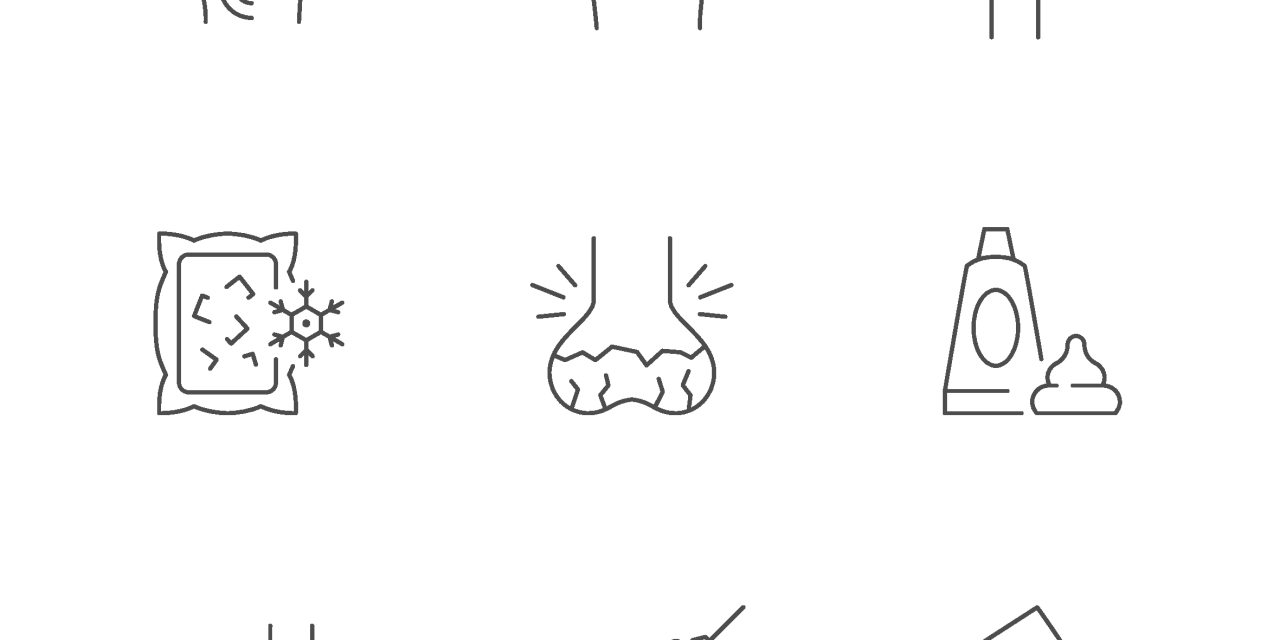Health‐related quality of life (HRQoL) is reduced in systemic lupus erythematosus (SLE), partly driven by comorbid depression. The association between major depression and HRQoL, measured using the NIH’s Patient‐Reported Outcomes Measurement Information System (PROMIS), is not well characterized among patients with SLE. The objective was to determine an association between major depression and HRQoL as measured by PROMIS.
Cross‐sectional data were obtained from the California Lupus Epidemiology Study, a cohort of adults in the San Francisco Bay Area with SLE. We studied the association between major depression (score ≥ten on the Patient Health Questionnaire 8 depression scale) and T scores (scaled to the population mean ± SD of 50 ± 10) on 12 PROMIS domains representing physical, mental, and social health. Mean T scores in depressed and nondepressed individuals were compared using multiple linear regression models adjusting for age, sex, race/ethnicity, disease activity, damage, body mass index, and household income.
The mean age of the 326 participants was 45 years; ~89% were women, 29% White, 23% Hispanic, 10% African American, and 36% Asian. One‐fourth met the criteria for major depression. In multivariable analyses, major depression was independently associated with worse T scores on all 12 PROMIS domains (P < 0.001); compared with those without major depression, depressed individuals scored >10 points (1 SD) worse on fatigue, sleep impairment, the negative psychosocial impact of illness, satisfaction in discretionary social activities, and satisfaction in social roles.
In individuals with SLE, major depression is associated with markedly worse PROMIS scores in physical, mental, and social domains. Diagnosing and treating depression may help improve HRQoL in individuals with SLE.


